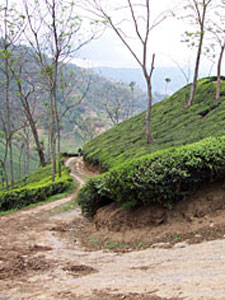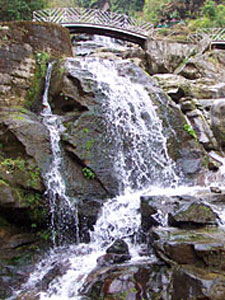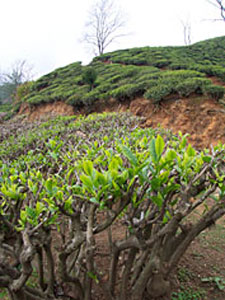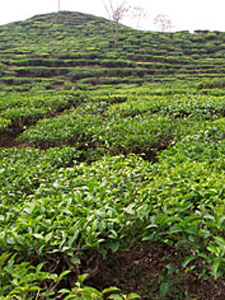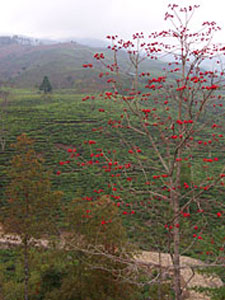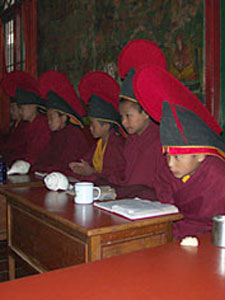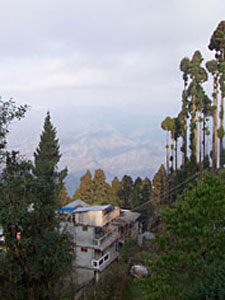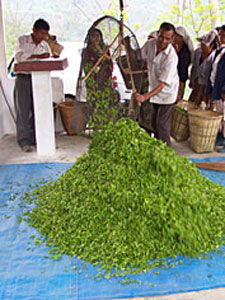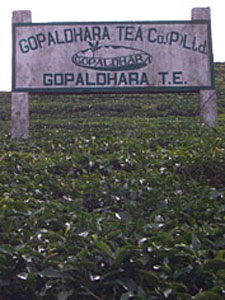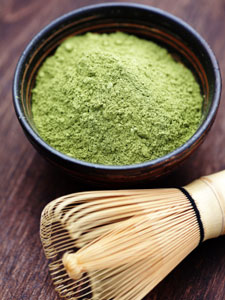
Tea and Right Livelihood
James Norwood PrattBaisao, third son of a scholarly physician, was born near Nagasaki in 1675. He entered a Buddhist monastery at age 11 and was almost 50 when his master died and he was asked to take his place as abbot. Declining on grounds it would hinder his religious practice, he left the hypocrisies, large and small, of organized religion to take up the life of a wandering monk.
... read more





